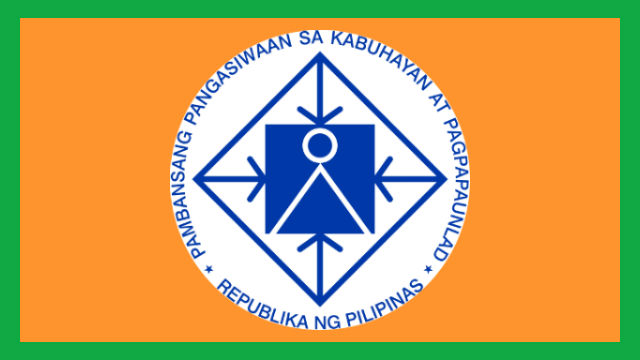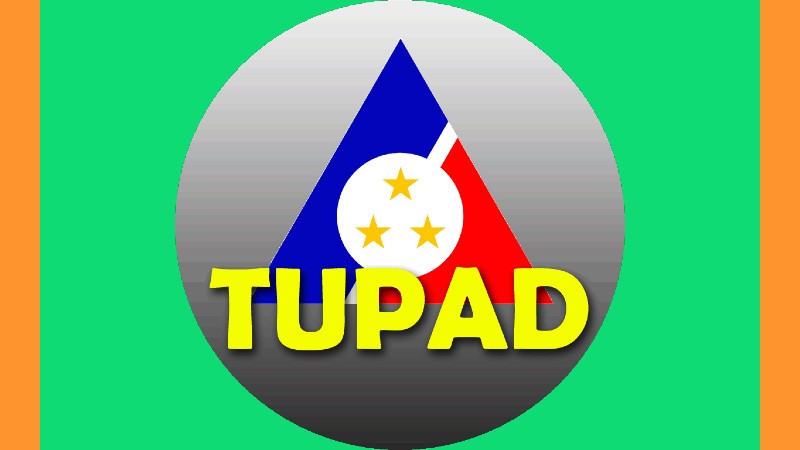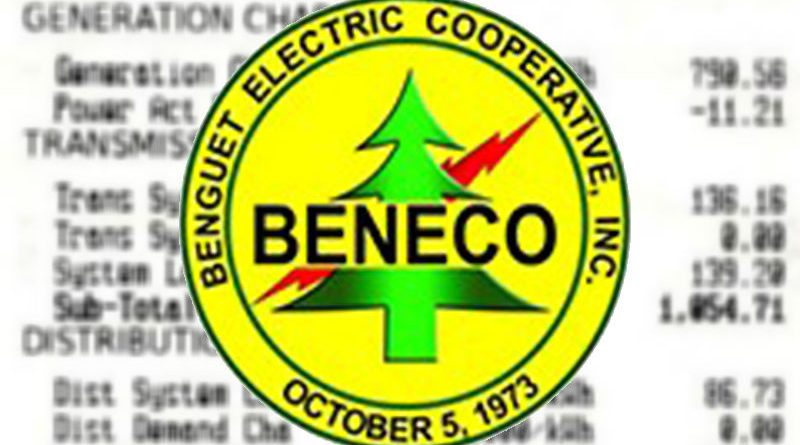On November 23, 2021, the Cordillera Regional Land Use Committee (RLUC) chaired by Regional Director Susan A. Sumbeling of the National Economic and Development Authority (NEDA-CAR), conducted the first CAR RLUC capability webinar on resolving land use conflicts. The webinar was attended by RLUC members and representatives from the regional growth centers, local government units (LGU) from within and outside of CAR, other regional line agencies (RLA), the academe, and other key stakeholders from the private sector.
In Director Sumbeling’s welcome message, she emphasized the need for RLUC members and their partners to be updated on the latest developments on land use, in order to enhance their capacity to perform their functions in the RLUC. She mentioned that resolving land use issues in the region requires an integrated approach that will take into account the unique characteristics of the region in promoting efficient and sustainable land use for its growing population.
Engr. Leon M. Dacanay Jr., former regional director of NEDA Regional Office X (NRO X), shared the successful implementation of the Conflict Sensitive Resource and Asset Management (COSERAM) program in Region X in resolving land use conflicts between the government and indigenous peoples whose ancestral domain are within the Mt. Balatucan Range National Park (MBRNP), a protected area under the National Integrated Protected Areas System (NIPAS) Act of 1992. The COSERAM program developed methods and tools ensuring peaceful and sustainable solutions to conflicts of interests over the use and management of land and natural resources in Region X and other regions in Mindanao. Engr. Dacanay also compared the Region X experience to the situation in CAR, and gave recommendations on how the COSERAM can be replicated across the country.
Atty. Mauricio G. Domogan explained the salient provisions of Section 78 of Republic Act 8371 or the Indigenous People’s Rights Act of 1997 (IPRA) and its implications to the region’s quest for regional autonomy. Section 78 of the IPRA is a special provision covering Baguio City as a Chartered City with proclaimed townsite reservations. In relation to this special provision, he gave an in-depth discussion of the recent Supreme Court decision nullifying Certificates of Ancestral Land Titles (CALTs) issued by the NCIP on public lands in Baguio City that are excluded by the IPRA, adding that exemptions for Baguio City in Section 78 does not have negative implications on the region’s clamor for self-determination. He also explained how the IPRA complements the proposed organic act for the establishment of the Cordillera Autonomous Region, and how it will further reinforce IP rights with Cordillera autonomy.
Atty. Severino G. Lumiqued of NCIP-CAR shared his insights on the COSERAM program, and shared how the core processes and areas of cooperation of the program may be adopted in the region to uplift the living conditions of CAR’s indigenous cultural communities and indigenous people. Regional Director Maria Amoroso of DHSUD-CAR also expressed agreement to Atty. Domogan stating that the provisions under the IPRA law doesn’t hinder the passage of the autonomy bill but rather both measure ensures the protection of IP rights and helps to preserve their unique culture and identity. She also added the need to integrate the Ancestral Domains Sustainable Development and Protection Plan (ADSDPP) in the Comprehensive Land Use Plan (CLUP), Forest Land Use Plan (FLUP) and other land use plans and investment programs.
NEDA-CAR Assistant Regional Director Stephanie F. Christiansen gave a closing message that integrated all the discussions and insights, sharing that the CAR Regional Development Council, in signing the Declaration of Principles of Environmental Governance (DPEG), ensures that the rights of indigenous peoples are upheld in regional development planning in CAR. She also emphasized that regional autonomy will empower CAR and its people to control and supervise the utilization, development, and protection of the region’s natural resources and ancestral domains. Further, she said that the Cordillera Regional Land Use Committee will continue its advocacy for the passage of the National Land Use Act (NaLUA) which will establish a national land use framework that will define the indicative priorities for land utilization and allocation of residential, infrastructure, agricultural, and protected uses, and guide the region in preparing its own land use framework under an autonomous government. By Bob Lyndon B. Daroya













